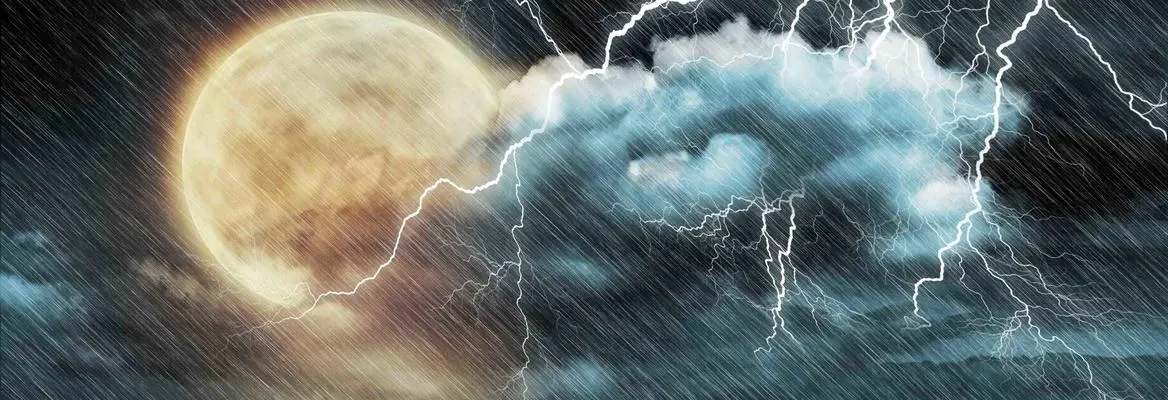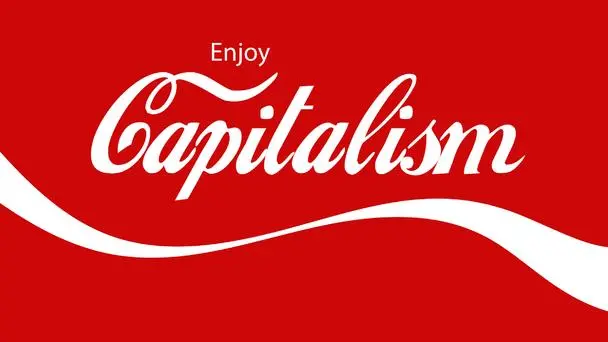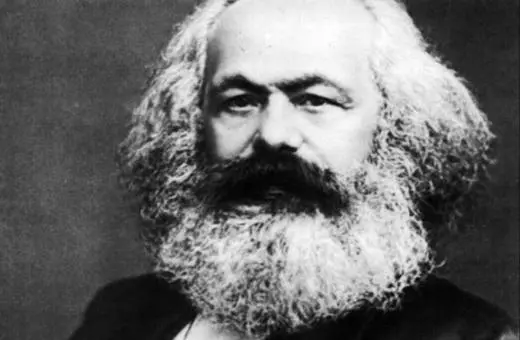Any societal crisis - political, environmental, military, a pandemic – shakes our lazy assumption that our leaders are really in control. In that moment of both vulnerability and clarity, we have a rare opportunity to evaluate our political systems, to be truly human, and to decide how we want to live, writes Ruth Kinna.
The embrace of crisis usually conjures images of riot and ruin. Michael Bakunin, Marx’s rival and the purported model for Wagner’s Siegfried, sent shock waves across Europe when he described the ‘passion for destruction’ as ‘creative’. But an anarchist approach to crisis is an optimistic reaction to disorder.
‘Crisis’ evokes collapse, disorder and discomfort. Economic crisis, climate crisis, mid-life crisis, a crisis of conscience are familiar renditions. With them usually comes the hope that the crisis will pass and normality will be restored.
But if ‘crisis’ marks the peak in a disruptive process, it is also possible to imagine fruitful changes to the status quo as well as the restoration of business as usual. In the best of worlds, crisis may even herald a positive transformation, revealing the shortcomings of the old ‘normal’ and triggering advances.
This is the way that Marxists present the ‘crisis of capitalism’. In outline, the argument is that production for profit creates pressures in the economic system which eventually become intolerable, mobilising demands for fundamental, revolutionary change. Anarchist socialism has a similarly positive spin on crisis but with an important difference. In anarchism, the potential benefits of a breakdown cannot be specified in advance. There are no cumulative social forces, such as those embedded in Marx’s theory of history, ready to sweep away the old and usher in the new. Instead, the transformative potential of crisis relies on the responses it provokes.
‘Crisis’ evokes collapse, disorder and discomfort. But an anarchist approach to crisis is an optimistic reaction to disorder.
Anarchists present two strong reasons for embracing crisis as an opportunity. First, it counters our complacent assumption that our leaders can control events simply because they have the authority to do so. Second, by exposing vulnerability, crisis precipitates innovative, practical experiments in community organising. In doing so, crisis also taps altruistic habits and practices that are usually associated with ‘caring’ occupations like nursing or limited to close family and friends.
Upsetting our assumptions about our leaders is part of a wider critique of leadership and government. The anarchist view is that government institutionalises unwarranted and repressive hierarchical divisions between leaders and led. This division fools everyone into thinking that the powerful have real competency and real control. Leo Tolstoy, one of the most influential anarchists of the nineteenth century, evoked Plato’s metaphor of the ship of state to challenge this idea. Plato described the chaos that ensues when ordinary seamen compete for control of the wheel and deride the philosopher who possesses the wisdom to steer the right course as a ‘stargazer’. In response, Tolstoy imagined the predicament of the ship’s company at sea. In calm waters everyone thinks that the captain commands the ship’s passage, but this confidence quickly ebbs away once the storm hits. The captain is revealed both to himself and the crew as feeble and useless in the face of the crisis.
SUGGESTED VIEWING Capitalism and Anarchy With Stephen King, Deirdre McCloskey, Aaron Bastani




















Join the conversation